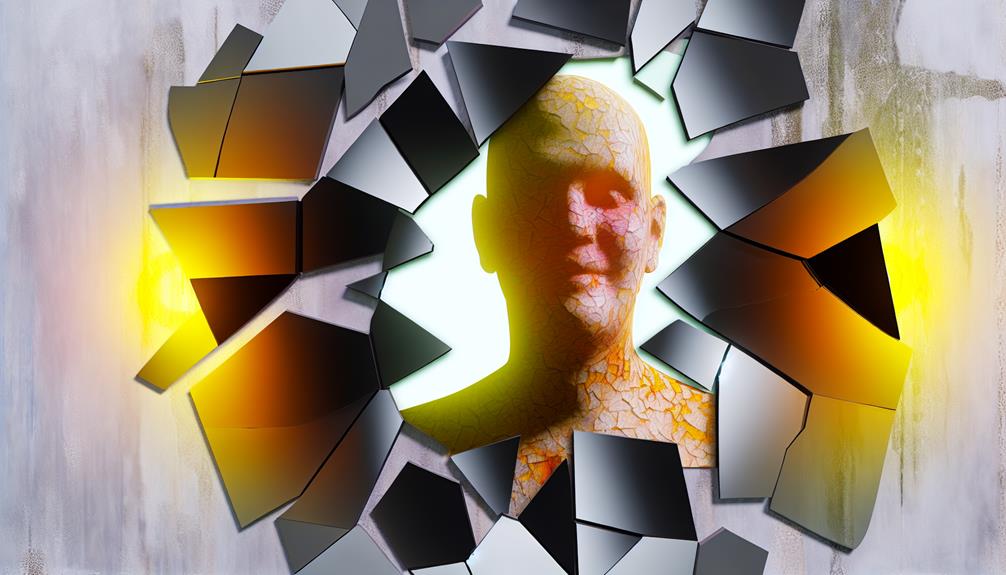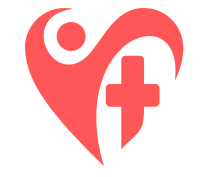Did you know that addiction is a complex disease that affects not only the individual but also their loved ones? When it comes to finding help and support for overcoming drug addiction, a drug rehab facility can make all the difference. With a comprehensive assessment and treatment planning, evidence-based therapies and interventions, and a holistic approach to healing and recovery, these facilities provide a safe and structured environment for individuals to begin their journey towards a life free from addiction. But what happens after treatment? How can one ensure long-term success? Stay tuned to discover the answer.
Understanding Addiction and Its Effects

Understanding addiction and its effects is crucial in order to provide the necessary support and guidance for those struggling with substance abuse. When it comes to addiction, it is important to understand the brain chemistry behind it. Addiction is not simply a matter of willpower or a lack of self-control. It is a complex disease that affects the brain, altering its structure and function.
Addiction changes the way the brain processes and responds to certain substances. Drugs and alcohol hijack the brain's reward system, flooding it with dopamine, a neurotransmitter associated with pleasure and reward. This flood of dopamine creates a euphoric feeling that reinforces the desire to use drugs or alcohol again.
Recognizing the signs of addiction in your loved ones is also crucial. Addiction can manifest in various ways, including physical and behavioral changes. You may notice increased secrecy, mood swings, and changes in social circles. Physical signs may include weight loss, bloodshot eyes, and poor hygiene.
Understanding addiction and its effects is the first step in supporting your loved ones on their journey to recovery. By educating yourself about the brain chemistry of addiction and recognizing the signs, you can provide the necessary support, empathy, and guidance needed to help them overcome their struggles and live a healthier, happier life.
Comprehensive Assessment and Treatment Planning
Now that you have a solid understanding of addiction and its effects on the brain, it is time to explore the next crucial step in helping your loved ones on their path to recovery: comprehensive assessment and treatment planning. This is a vital phase in their journey towards sobriety, as it allows healthcare professionals to gather essential information and design a personalized treatment plan that addresses their specific needs and circumstances. Let's dive deeper into this process:
- Assessment Tools: During the assessment, various tools and techniques will be used to gather information about your loved one's addiction history, medical and mental health conditions, social support network, and any other relevant factors. These tools may include interviews, questionnaires, and standardized assessments. The goal is to obtain a comprehensive understanding of their situation, which will guide the development of an effective treatment plan.
- Personalized Treatment Plans: Once the assessment is complete, a team of experts will collaborate to create a personalized treatment plan tailored to your loved one's unique needs. This plan may include a combination of therapies, such as individual counseling, group therapy, family therapy, and medication management, if necessary. It will also consider any co-occurring disorders or underlying issues that may be contributing to the addiction.
- Continual Evaluation: Treatment plans are not set in stone. They are continually evaluated and adjusted based on your loved one's progress and changing needs. Regular check-ins and assessments ensure that the treatment remains effective and relevant throughout their recovery journey.
- Holistic Approach: Comprehensive assessment and treatment planning take into account not only the physical and psychological aspects of addiction but also the social, emotional, and spiritual dimensions. This holistic approach ensures that all areas of your loved one's life are addressed, promoting lasting recovery and overall well-being.
Evidence-Based Therapies and Interventions

Evidence-based therapies and interventions are essential components of a comprehensive treatment plan for individuals struggling with addiction. When it comes to cognitive behavioral therapy (CBT) and addiction, this evidence-based approach focuses on identifying and changing unhealthy patterns of thinking and behavior that contribute to substance abuse. Through CBT, you will learn new coping skills, develop strategies to manage cravings, and address underlying issues that may have led to addiction. This therapy can help you gain insight into the triggers and cues that lead to drug use, enabling you to make healthier choices and prevent relapse.
Another evidence-based therapy that can be effective in addressing substance abuse is dialectical behavior therapy (DBT). DBT combines elements of CBT with mindfulness practices to help you regulate your emotions, improve interpersonal skills, and enhance self-esteem. By learning to tolerate distress and manage intense emotions, you can reduce the urge to turn to drugs or alcohol as a way to cope. DBT can also assist in building a support system and improving communication, which are crucial for maintaining recovery.
Holistic Approach to Healing and Recovery
To support your journey towards healing and recovery, our drug rehab facility takes a holistic approach that addresses your physical, emotional, and spiritual well-being. We understand that addiction affects every aspect of your life, and in order to achieve lasting recovery, it is important to treat the whole person. Our holistic approach recognizes the mind-body connection and incorporates alternative therapies to enhance your healing process.
Here are four ways our drug rehab facility embraces the holistic approach:
- Mind-Body Connection: We believe that your mental and emotional well-being is closely connected to your physical health. Through various therapies such as yoga, meditation, and mindfulness exercises, we help you develop self-awareness and manage stress, anxiety, and cravings.
- Alternative Therapies: In addition to traditional evidence-based therapies, we offer alternative therapies such as acupuncture, music therapy, art therapy, and equine-assisted therapy. These therapies provide unique opportunities for self-expression, self-discovery, and healing.
- Nutritional Support: We understand the importance of a healthy diet in promoting overall well-being. Our facility provides nutritious meals and educates you on the benefits of proper nutrition, helping you restore your physical health and boost your energy levels.
- Spiritual Guidance: We recognize that spirituality plays a significant role in the recovery process for many individuals. Our facility offers spiritual support through counseling, group discussions, and access to spiritual resources, allowing you to explore and nurture your spiritual beliefs.
At our drug rehab facility, we are dedicated to providing a comprehensive and personalized approach to healing and recovery. By addressing your physical, emotional, and spiritual well-being, we empower you to achieve lasting sobriety and a fulfilling life beyond addiction.
Aftercare and Continued Support

We understand that your journey towards lasting recovery does not end when you leave our drug rehab facility. Aftercare and continued support are crucial components that ensure your successful transition back into society. We want to provide you with the tools and resources necessary for relapse prevention and ongoing support.
One of the key aspects of aftercare is relapse prevention. We will work with you to develop a personalized relapse prevention plan that is tailored to your specific needs. This plan will include strategies to identify triggers, cope with cravings, and develop healthy coping mechanisms. By equipping you with these skills, we aim to empower you to maintain your sobriety long after leaving our facility.
Additionally, community support networks play a vital role in your continued recovery. We will connect you with local support groups and resources that can provide a sense of belonging and understanding. These groups offer a safe space to share experiences, receive encouragement, and gain valuable insights from others who have walked a similar path.
Frequently Asked Questions
How Long Does It Typically Take to Complete a Drug Rehab Program?
On average, it typically takes a certain amount of time to complete a drug rehab program. Success rates vary depending on various factors. Keep in mind that every individual's journey is unique.
Are There Any Alternative Treatment Options Available for Those Who Do Not Respond Well to Evidence-Based Therapies?
If evidence-based therapies aren't working for you, don't worry. There are alternative treatment options available, such as non-traditional therapies. These can provide different approaches and techniques to help you on your recovery journey.
Can Family Members Participate in the Treatment Process and Attend Therapy Sessions?
Yes, family members can participate in the treatment process and attend therapy sessions. It's important to have their support and involvement, as it can greatly contribute to your recovery journey.
Are There Any Specific Requirements or Qualifications for Admission Into the Drug Rehab Facility?
To enter the facility, you'll need to meet specific requirements and qualifications. We understand this process can be overwhelming, but we're here to guide you every step of the way.
What Types of Aftercare and Support Services Are Provided to Individuals After They Complete the Program?
After completing the program, you will receive comprehensive aftercare support and relapse prevention services. We understand the importance of continued support, and our team is here to help you navigate your recovery journey.



